
Dragon’s Dogma released back in 2012 on both the PS3 and Xbox 360, and while not exactly being old enough to be a relic of the past, it spawned a variety of hardcore fans and comfortably sat itself to be a classic. However, with the game more than 10 years old I think it would be time to test whether it has withstood the sands of time and review it in a modern atmosphere. Especially considering the sequel is to announce in a month. I will be reviewing the Dark Arisen version.
Welcome to my first article of my series “Does it hold up” where I will be reviewing games that released a decent while ago to see if they are worthy of playing not just for the history lesson but also as games to enjoy. The games on here may not be the oldest alive but think it like they are just starting to grow grey hairs.
Story review – What even is a dogma
Dragon’s Dogma is a video game that is truly unique and amazes me that there has never really been any other game like it in the more than 10 years it has been out, sadly here I am talking about the gameplay because its storyline is as generic as generic can be. Obviously, I will not mention spoilers despite the games age.
You play as the Arisen, someone who’s heart has been stolen from the dragon Grigori and yet can still live. For reasons unbeknownst to you, you have authority over pawns, a group of people that are just wondering swordmen who are not human. All they have to say is that they serve the Arisen.
When you first play the game your first moments will not be with a character you customised but instead as an Arisen approaching the Dragon for his final battle. With pawns at his side, you play through a very natural and well-crafted tutorial that teaches you the simple things about the game. This ends with a cutscene of large castle gate doors opening with the dragon awaiting inside.

A time skip happens and then you get to play as your customised character, who is living happily in a fishing village named Cassardis. Your village is attacked by what seems to be a reincarnation of the Dragon and us being the heroes of this story stand up against the dragon (and get absolutely whooped in the process). After the impossible boss fight your heart is stolen, transforming us into the Arison and so starts your journey to kill the dragon and retrieve it back.
Obviously, the game does have more to offer, with little adventures happening from A to B, and the post-game after the dragon expedition dumps a lot of lore on you that is interesting. But all in all, that is the meat of it. And the storyline while simple does its job to motivate the player
The gameplay – where the beauty of the game is
Dragon’s Dogma is a hack and slash with impressive gameplay that feels free and expressive. It does very well in its gameplay being appropriate for both large enemies and hordes making you feel like a real fantasy powerhouse. Although the balancing in damage between classes is certainly questionable, I never found it too annoying especially since this is a story game so it can get a pass.
The game has 9 vocations overall, with 3 of them interestingly being hybrid classes between 6 of the existing ones. Each class gets a large variety of skills you can use in combat and a lot of passives, you can have 3 skills equipped per weapon and casters get 6 spells. The vocations are:
The fighter
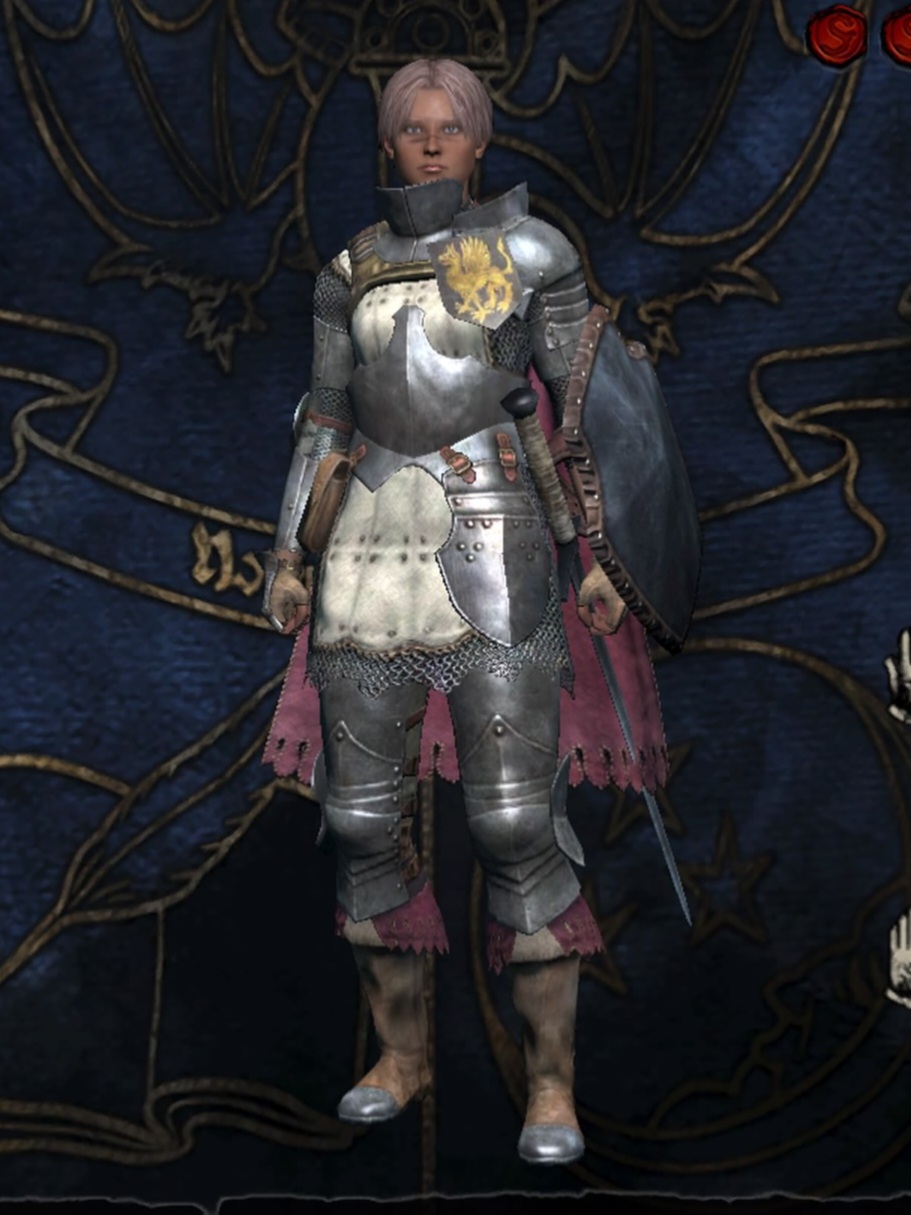
A defensive and ‘tanky’ melee playstyle wielding a sword and shield. And also my chosen vocation for the start of the game. Although lacking in damage you are pretty set on never dying with its parrying and health increasing skills you learn. With this class I got to enjoy assisting my teammates by grappling goblins still on the ground for my pawn to run up and deliver the finishing blow, or to bang my sword to my shield and have monsters focus me.
The strider
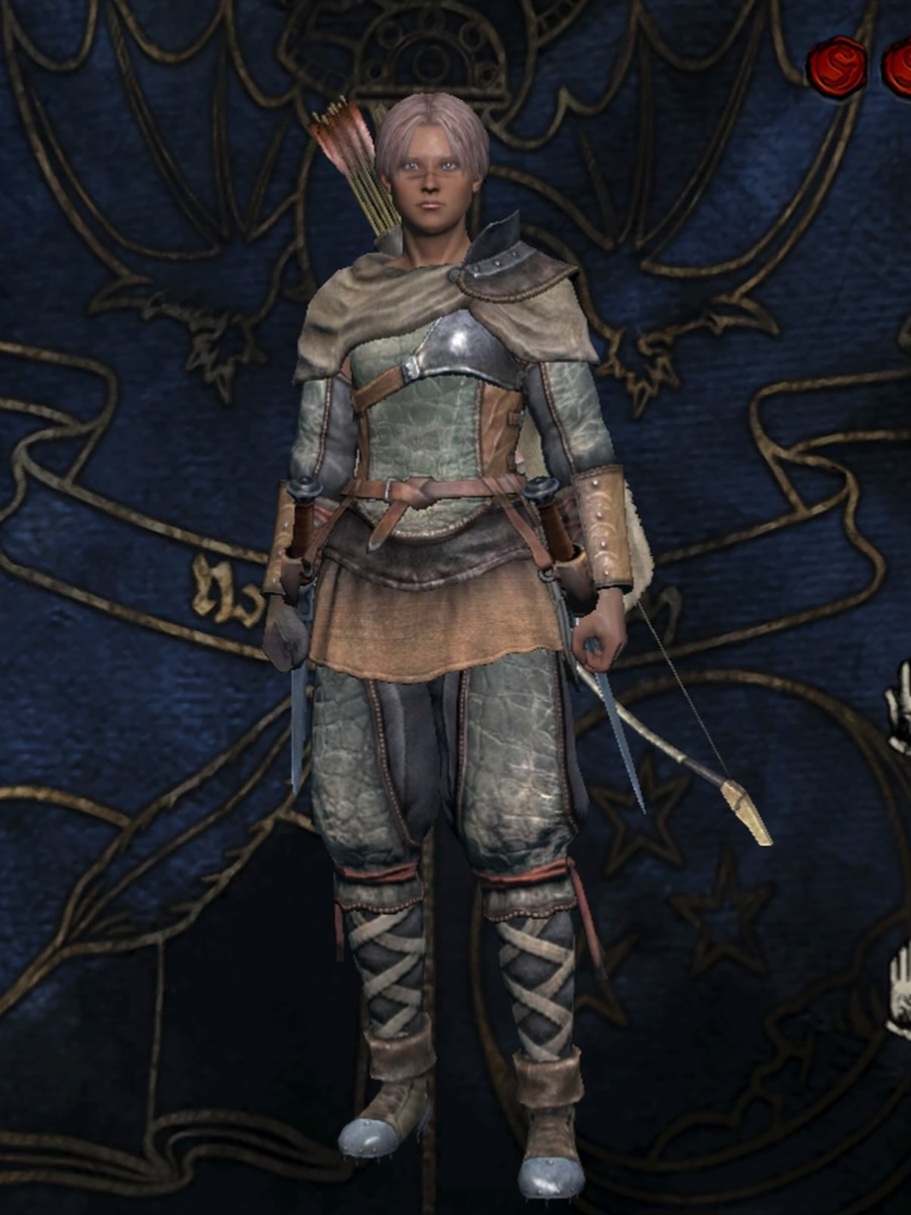
The Mage
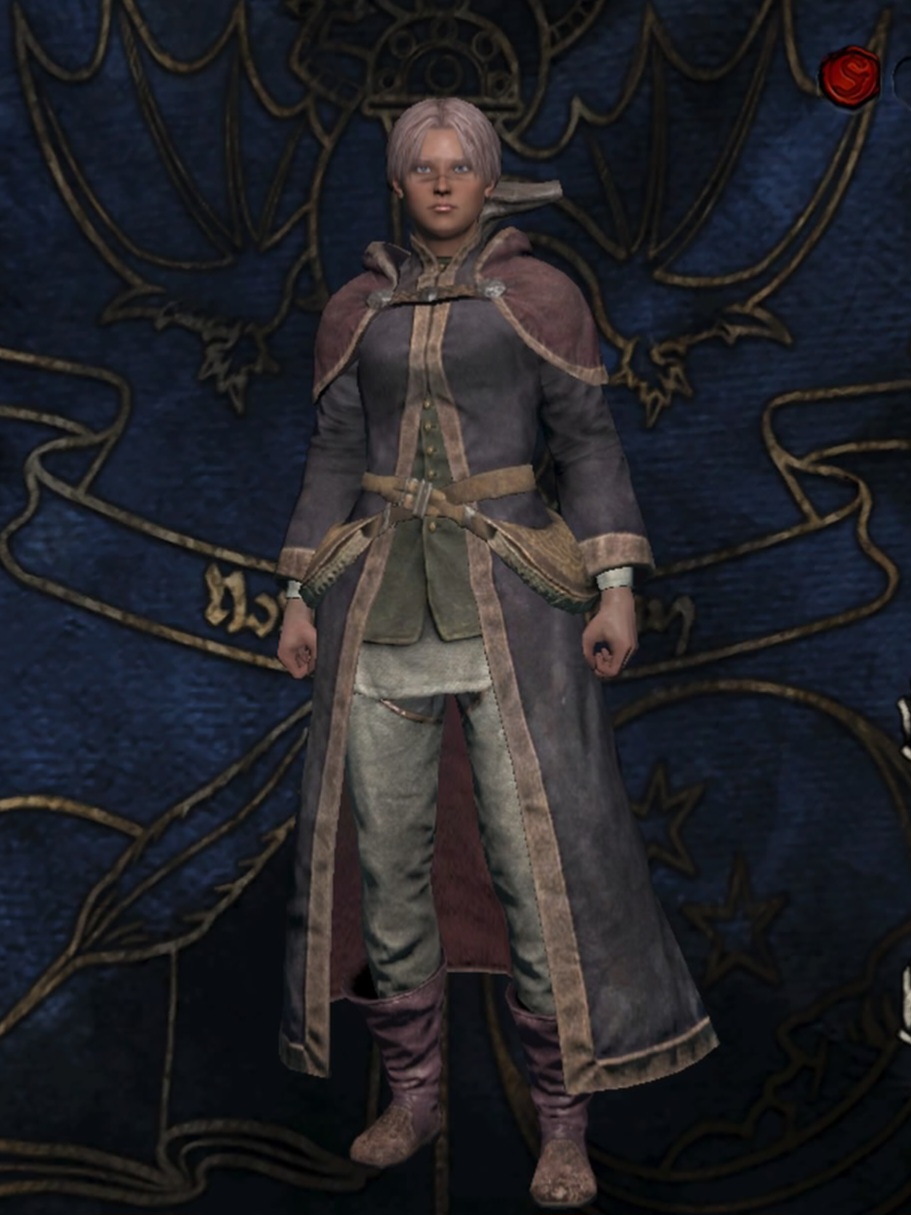
A pretty agreed upon class to avoid, while magic in Dragon’s Dogma is very fun and powerful the mage class is more assigned for support rather than damage. And so, you are kind of stuck having to rely on your pawns for a lot of damage. And let’s just say their ai is slightly dated at times.
The Warrior
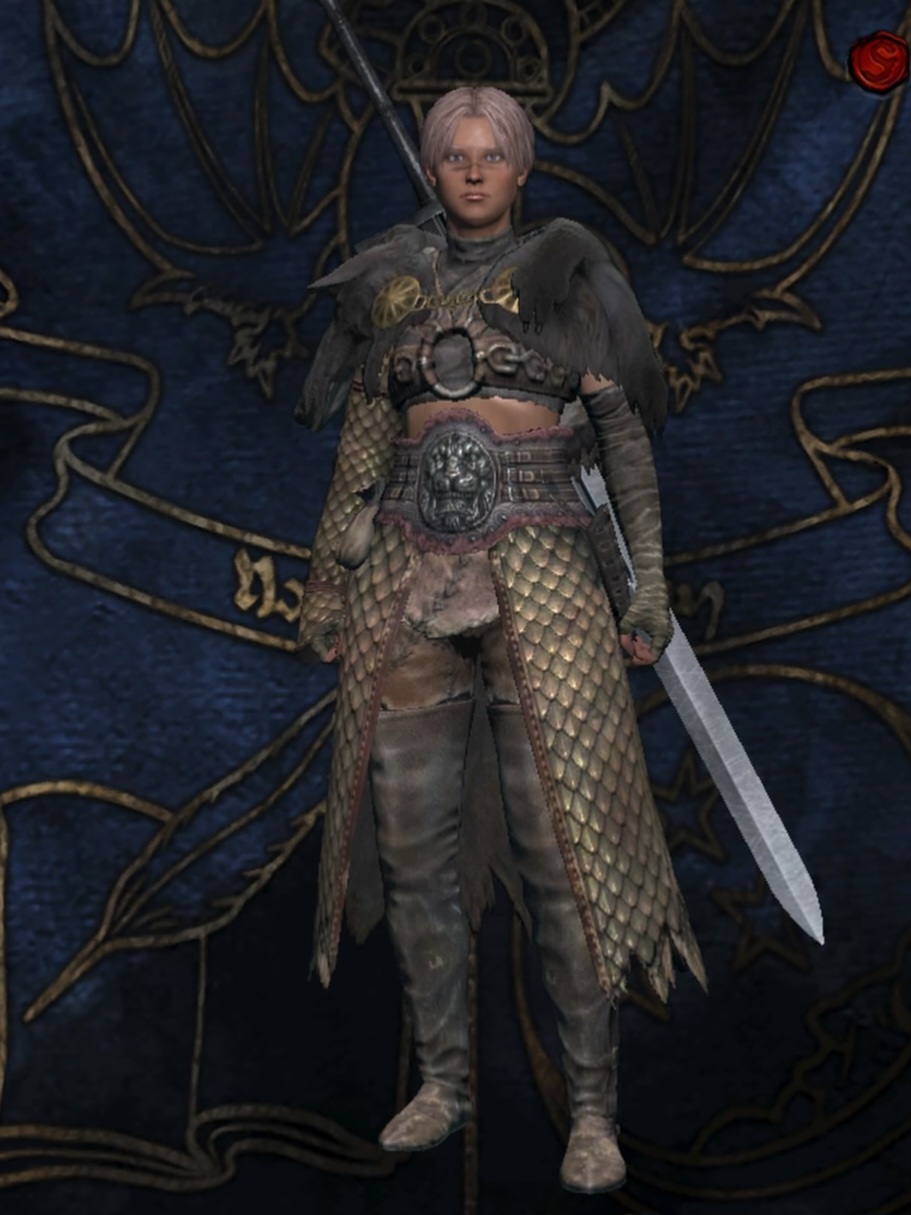
A good old big weapon vocation allowing you to shred through enemies like Guts from Berserk. The class specialises in big and slow nuke damage, letting you charge up big hits with a Longsword or Warhammer. While usually classes like this are my go-to when I play these types of games, Warrior had a jarring issue where because you could only have one weapon you only got to equip 3 abilities, rather than every other vocation’s 6 really hindering its playstyle and causing repetitive fights. Why they did this I do not understand because both mage and sorcerer get 6 spells despite only having one weapon. It can also feel clunky to play, with fighter you are able to block attacks and any vocation with daggers can dodge roll. Warrior is just left to awkwardly jump around in combat as you try and avoid getting hit. A cool concept of a vocation restricted by the game mechanics.
The Ranger
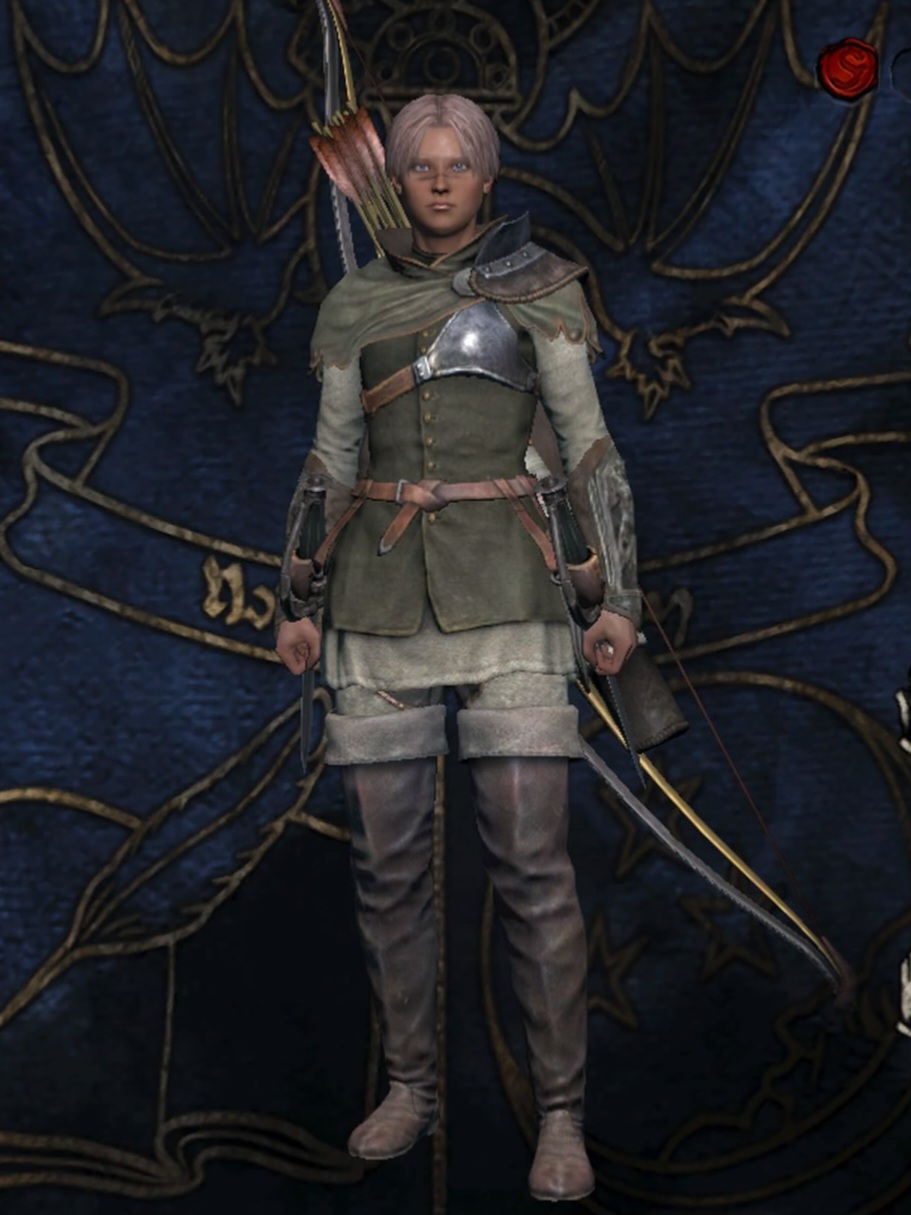
A strider except more focused on using archery. Your bow is replaced with a longbow, and you can still use daggers, however I do not know why you would when this class has such monstrous damage it can deal from so safely far away. If archery is your thing, you will love this class.
The Sorcerer
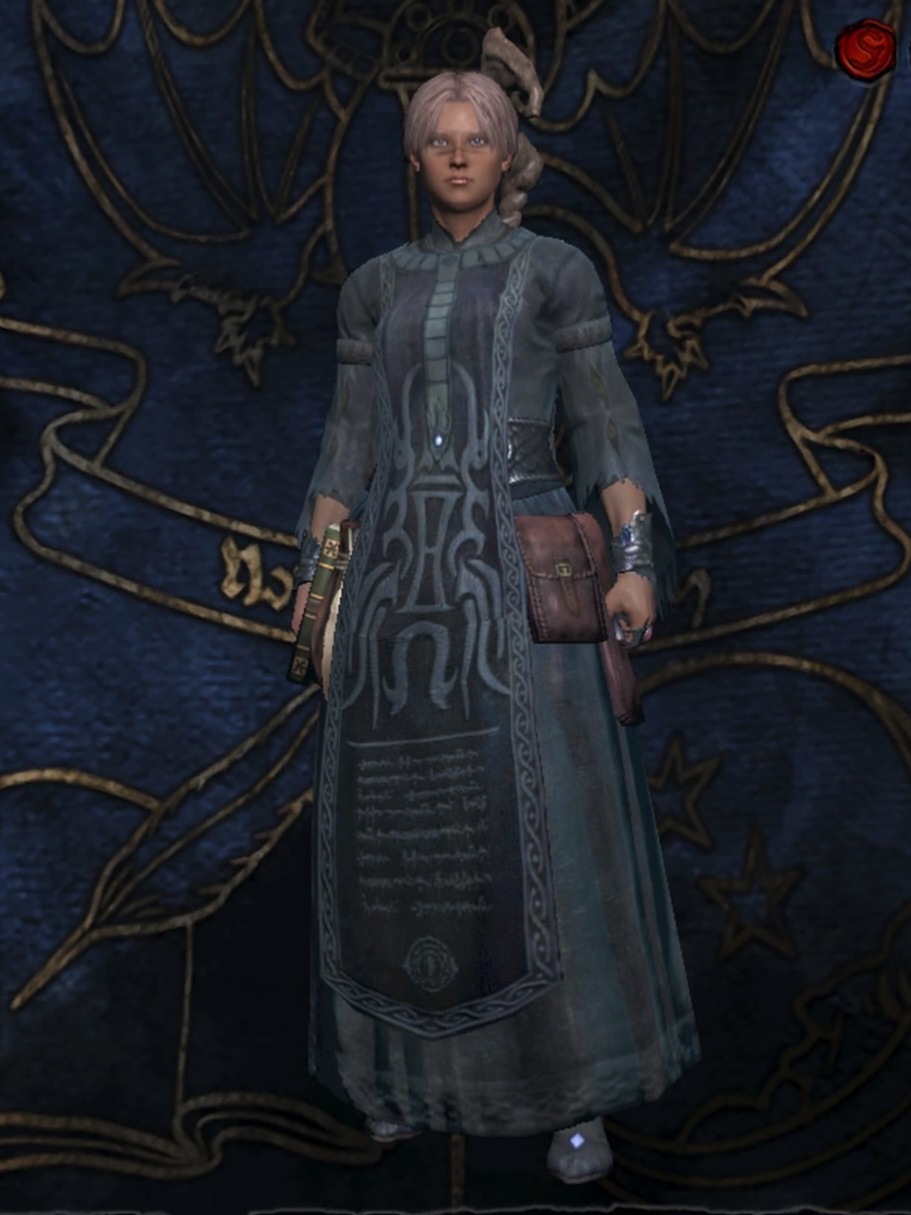
If you love magic, you will love sorcerer. The cooler Mage basically, the sorcerer can conjure up insane feats of magic. You want to summon a tornado, well go for it balancing is a myth in game development when being cool is way more fun. If you want your fights to be a sceptical to look at, this is the class for you.
The Mystic Knight
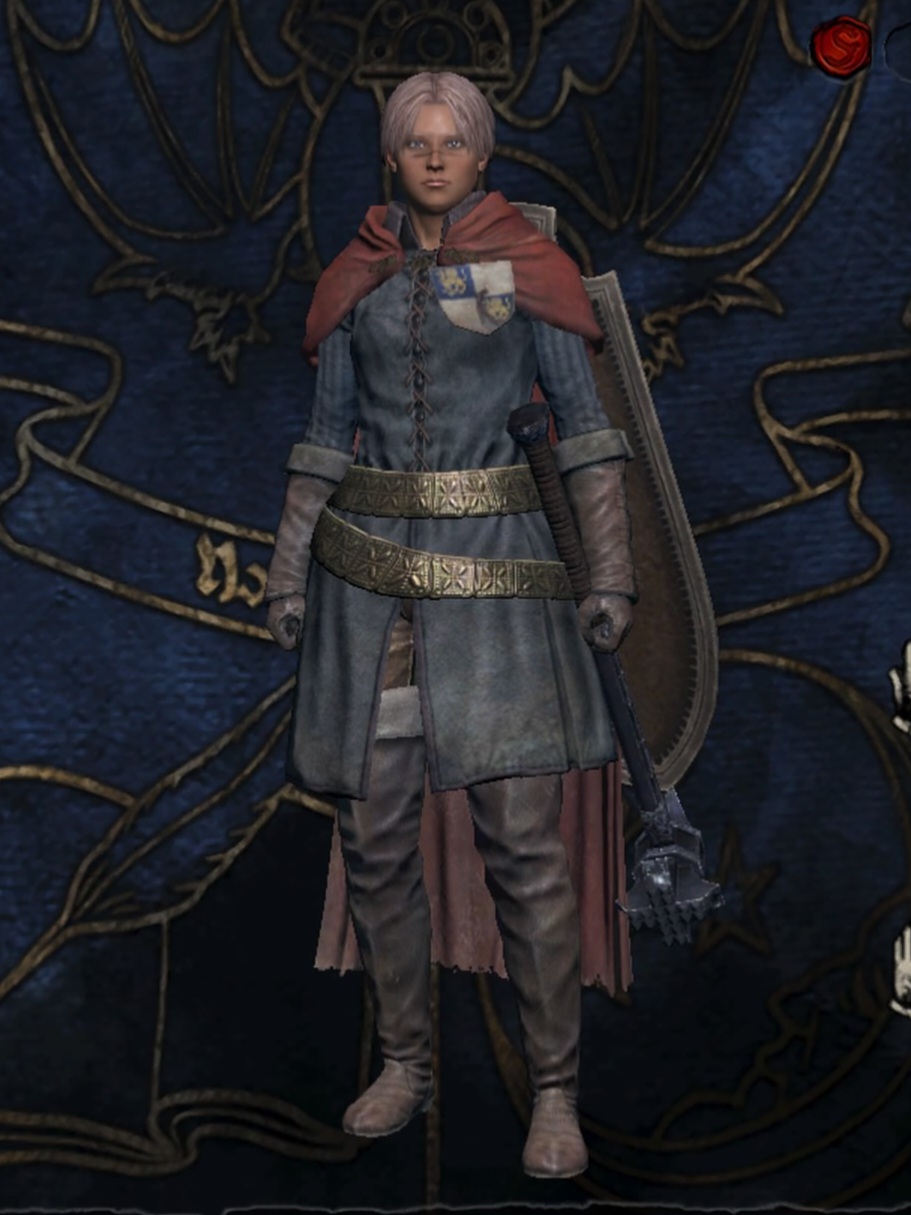
A combo between fighter and caster. You wield a large shield along with either a mace and sword allowing you to be a balanced class at both physical damage and magic damage. The shield allows you to create defensive magical abilities, such as the ability to release thunder when blocking attacks. The class in the later levels like Sorcerer can allow for some very fun and cool spells. A solid class all around.
The Assassin
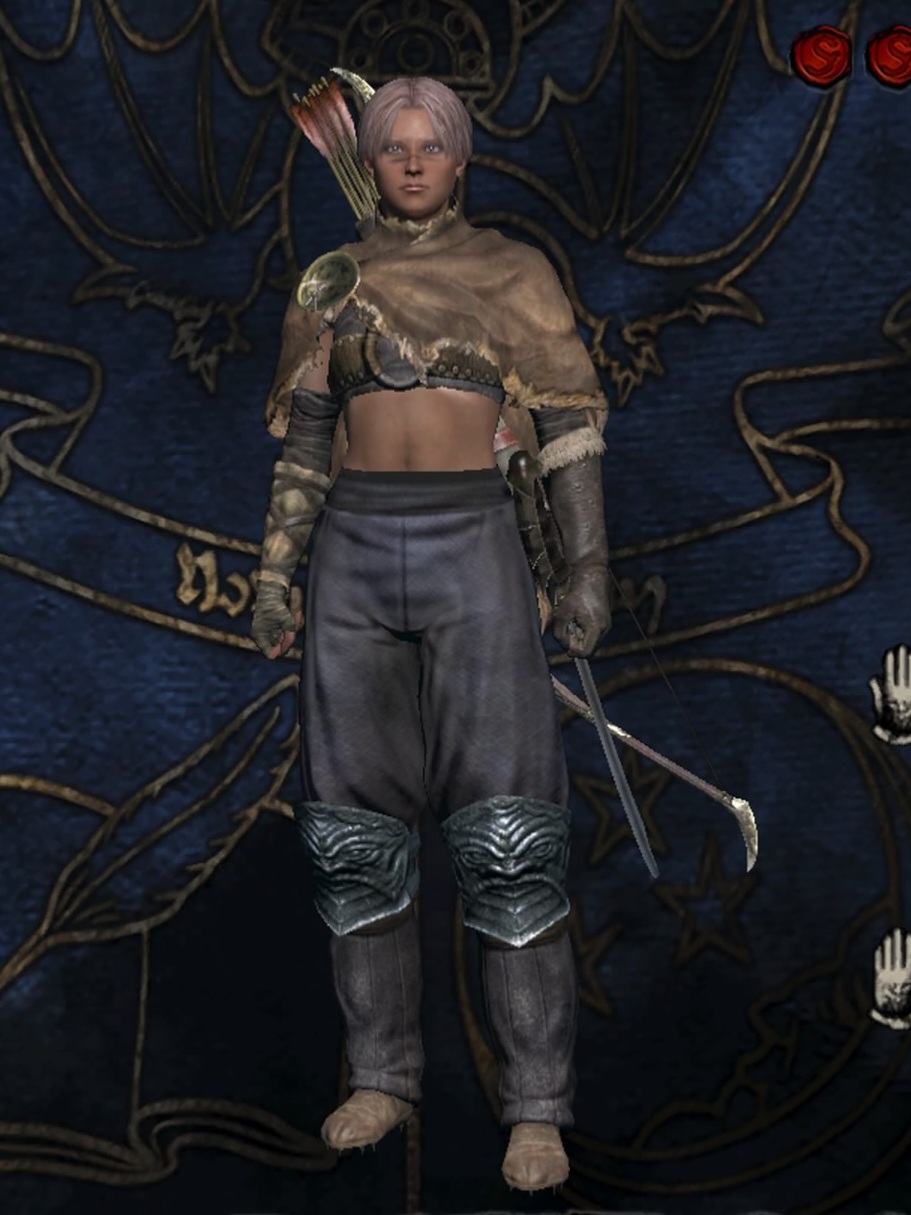
A hybrid between fighter and strider and my personal favourite vocation in the game. The class allows for a variety of weapons being sword, daggers, shield and bow allowing for you to make up for fighter’s lack of range. The name is honestly misleading, as not much to this class is assassin like apart from a few passive skills that are not very strong. The vocation is more designed for you to go alone without any pawns; however I used it because it combines the gameplay of strider with fighter allowing for my character to be a tanky frontliner from their fighter skills with the damage output of strider attacks.
The Magick Archer
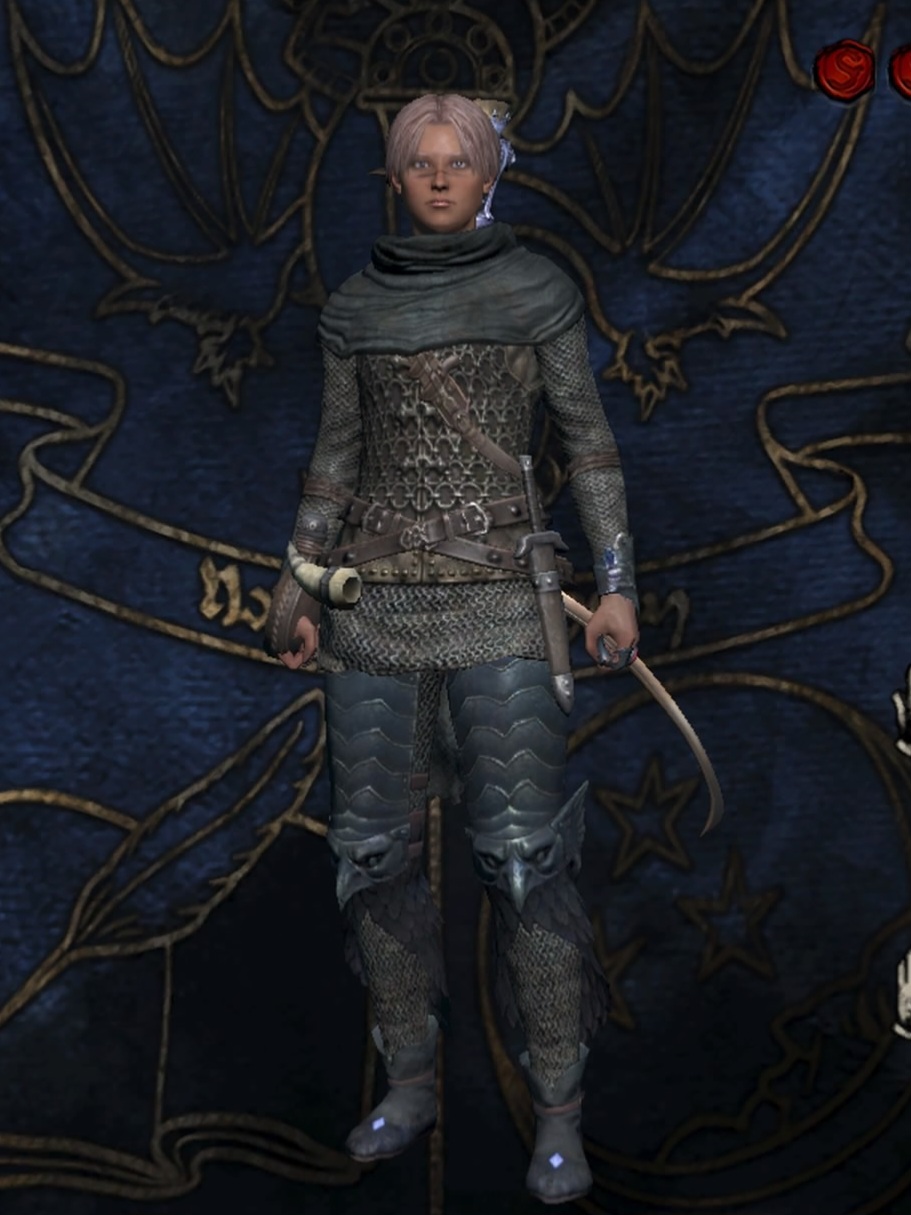
Finally there is Magic Archer, a very powerful combination of strider and caster. The Magick Archer is capable of being a strong damage class both physically and magically making it a favourite among a lot of players. Shooting magical arrows and incantations from your bow or infusing your daggers in flame, this class lets you defeat goblins in style.
As you can see already there is a wide variety of vocation styles that very from each other, however each vocation allows for a lot of customisations in of itself. Not to mention the passives you can gain from each vocation can be used with others allowing for builds and player expression that feels very limitless. You can change your vocation in this game at any time, so it is persuaded to do so. My playthrough I was an agile assassin who had a lot of defence due to all the skills I got when I played as a fighter, and that made my playthrough feel expressive and unique. Also allows for great replay value tempting me to try out all combinations and vocations.
Ui and game design – the rust is showing itself here
The user interface in this game is slow and has an old nostalgic vibe to it that although I enjoyed, would be very annoying in a modern game. Opening my inventory and shifting around in menus with the game paused mid combat is clunky and not very fun. A lot of the NPCs you talk to only have one voice line most the time and I really have “Have your pick, any you like” ingrained into my skull when it activates every time I talk to the Inn owner. Teleporting around destinations is also a hassle, with only the main city Gran Soren being a teleport destination and the rest of the game you place your own crystals to teleport to which are rare to come by. This was most likely done to persuade exploration, but it can be tedious to realise my next half an hour is taken up with running along a road. Also side content in this game was oddly difficult to come by at times, with the game not really assisting its up to you to run around or just google the locations.
Review Summary
Overall, Dragon’s Dogma is a game that has aged fantastically gameplay and player expression wise. It is outstanding it can deliver such freeing and smooth combat that not really any other game has replicated since its release. However, the game is bought down by its tediousness in user interface and gameplay balancing. Along with a storyline that although did its job, left me with more to desire. I would still highly recommend this game despite these issues though.
